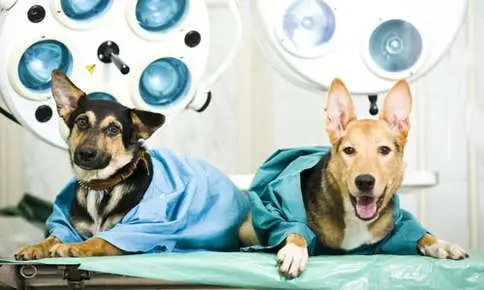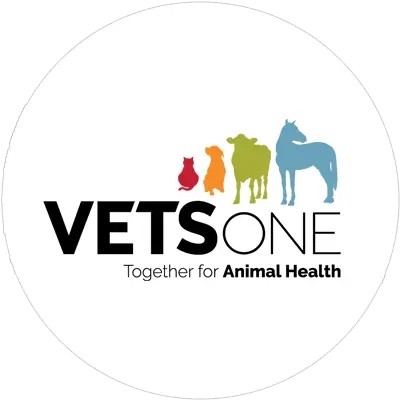The surgery
Spey/ castration surgery is a recommended elective procedure for all pets not required for breeding. It is a routinely performed surgery and is very safe. However, it is important to understand that with any surgery or anaesthetic, there are risks involved. Every animal is different and may respond differently to medications given. Factors such as breed, age, gender and medical history can all affect this risk.
Pre surgery
- Your pet must be in good health
- Your pet must be fasted to make sure nothing is in their stomach at the time of surgery. This prevents the risk of complications while under anaesthetic and is very important.
- Brachycephalic breeds;
Brachycephalic refers to our pets that have a shortened nose. These include breeds such as Pugs, Bulldogs, Boxers & Persian cats. These breeds require special attention while in hospital to reduce stress and likelihood of anaesthetic complications.
In brachycephalic dogs, regurgitation of stomach contents is one of these serious complications. Prior to surgery we recommend your dog have a pre surgical consult where a vet can perform a clinical exam and prescribe your dog medication to reduce this risk. During this exam, the vet can also evaluate your dog’s soft palate (back of their throat) and nares (nostrils) to check for any defects that can impair your dog’s quality of life. This is important to consider as there may be corrective surgery that can be performed at the same time as their de-sexing procedure.
During surgery
Your pet will be carefully anaesthetised by the surgical team and monitored very closely throughout the procedure. De-sexing procedures are performed by trained veterinary professionals under sterile conditions. Female dogs are given fluids during the surgery to aid in recovery as these procedures are more involved and can take longer to perform. Your pets anaesthetist will monitor the waking up process and move your pet to recovery in our ICU. Once awake your pet will receive food, pain relief and any other care required. The team will then update you on your pet’s recovery and arrange a discharge time suitable for you and your pet.

Post-Surgery
After surgery, your pet will have different needs for the following few days and weeks while recovering from their anaesthetic and surgery.
These include;
- 24 hrs of complete rest for anaesthetic recovery
- Thermoregulation- Keeping your pet warm
- Restricted movement, especially running and jumping
- Surgical site care and wound healing
- Pain management (3-5 days of pain relief anti-inflammatories)
- Post op check appointment
Your pets nurse will hold a surgical discharge consult with you to discuss your pet’s specific needs post-surgery. They will also provide you with tips to aid fast smooth recovery and discuss possible complications to monitor your pet for during their recovery.
For more information on surgery in general at VetsOne, please see our article; “My Pet’s having surgery – what to expect” https://vetsone.co.nz/my-pets-having-surgery-what-to-expect/
Responsible pet ownership means doing everything we can to safeguard their health and well-being.
But you don’t have to do it alone. We can support you with education and providing preventative care. Together, we can give your pet the best possible life.
If you would like any assistance, or have any questions regarding de-sexing, our friendly vets or nurses are hear to help.
They are happy to discuss your needs and make a personal recommendation for you and your pet on de-sexing or any other animal health concern.

www.VetsOne.co.nz
Visit our Homepage for on-line bookings
Visit us on Facebook
Samantha@VetsOne.co.nz
(Consulting Nurse)
068788666



